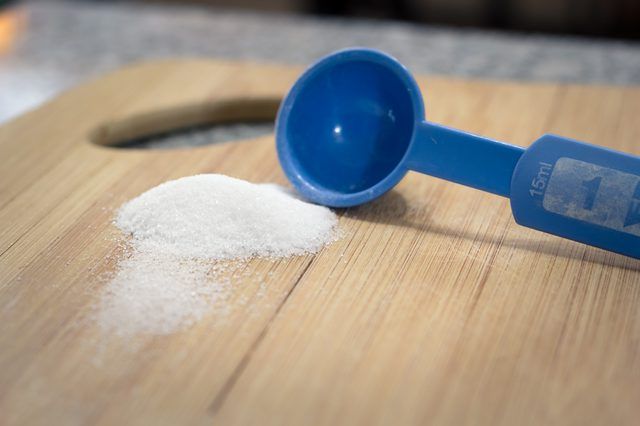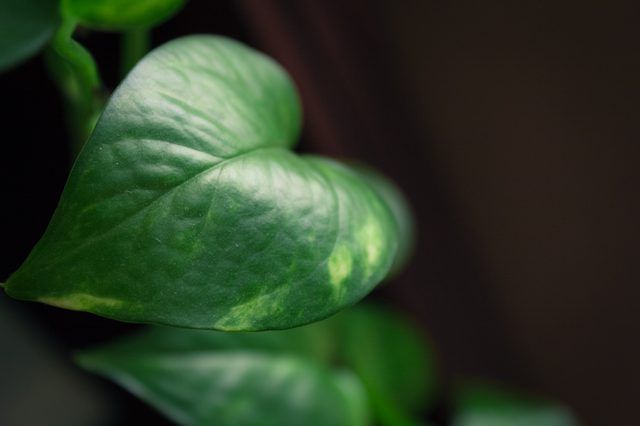Bulbs
Flower Basics
Flower Beds & Specialty Gardens
Flower Garden
Garden Furniture
Garden Gnomes
Garden Seeds
Garden Sheds
Garden Statues
Garden Tools & Supplies
Gardening Basics
Green & Organic
Groundcovers & Vines
Growing Annuals
Growing Basil
Growing Beans
Growing Berries
Growing Blueberries
Growing Cactus
Growing Corn
Growing Cotton
Growing Edibles
Growing Flowers
Growing Garlic
Growing Grapes
Growing Grass
Growing Herbs
Growing Jasmine
Growing Mint
Growing Mushrooms
Orchids
Growing Peanuts
Growing Perennials
Growing Plants
Growing Rosemary
Growing Roses
Growing Strawberries
Growing Sunflowers
Growing Thyme
Growing Tomatoes
Growing Tulips
Growing Vegetables
Herb Basics
Herb Garden
Indoor Growing
Landscaping Basics
Landscaping Patios
Landscaping Plants
Landscaping Shrubs
Landscaping Trees
Landscaping Walks & Pathways
Lawn Basics
Lawn Maintenance
Lawn Mowers
Lawn Ornaments
Lawn Planting
Lawn Tools
Outdoor Growing
Overall Landscape Planning
Pests, Weeds & Problems
Plant Basics
Rock Garden
Rose Garden
Shrubs
Soil
Specialty Gardens
Trees
Vegetable Garden
Yard Maintenance
Sugar As a Lawn Fertilizer
Sugar As a Lawn Fertilizer. Cheap and green -- those are two claims made about using plain table sugar as a fertilizer for lawns. The idea is that it’s kind to the environment; inexpensive and easy to apply; provides nutrients for beneficial insects, worms and microbes; fortifies grass; and discourages weeds. While having more green in...
Cheap and green -- those are two claims made about using plain table sugar as a fertilizer for lawns. The idea is that itís kind to the environment; inexpensive and easy to apply; provides nutrients for beneficial insects, worms and microbes; fortifies grass; and discourages weeds. While having more green in your wallet and on your lawn is attractive, the only scientific study that proves any of the above claims found that sugar kills some plants.

Green plants don't need sugar added to their diets because they are fully capable of making all the sugar they need. All that is required is carbon dioxide, water, light and chlorophyll, and nature does the rest to produce sucrose, fructose and glucose in a process called photosynthesis.

Instead of being a fertilizer, sugar might be an effective herbicide, suggests a three-year research study conducted at Charles Sturt University. In the study, sugar was spread on patches of weeds. Instead of feeding the weeds, it fed micro-organisms in the soil which, in turn, absorbed the nutrients in the soil and starved the plants. Use caution if you decide to try sugar as an herbicide to kill lawn weeds, as applying it to the grass may kill it along with the undesirable weeds. Most herbicides are indiscriminate and will kill desirable plants too.
